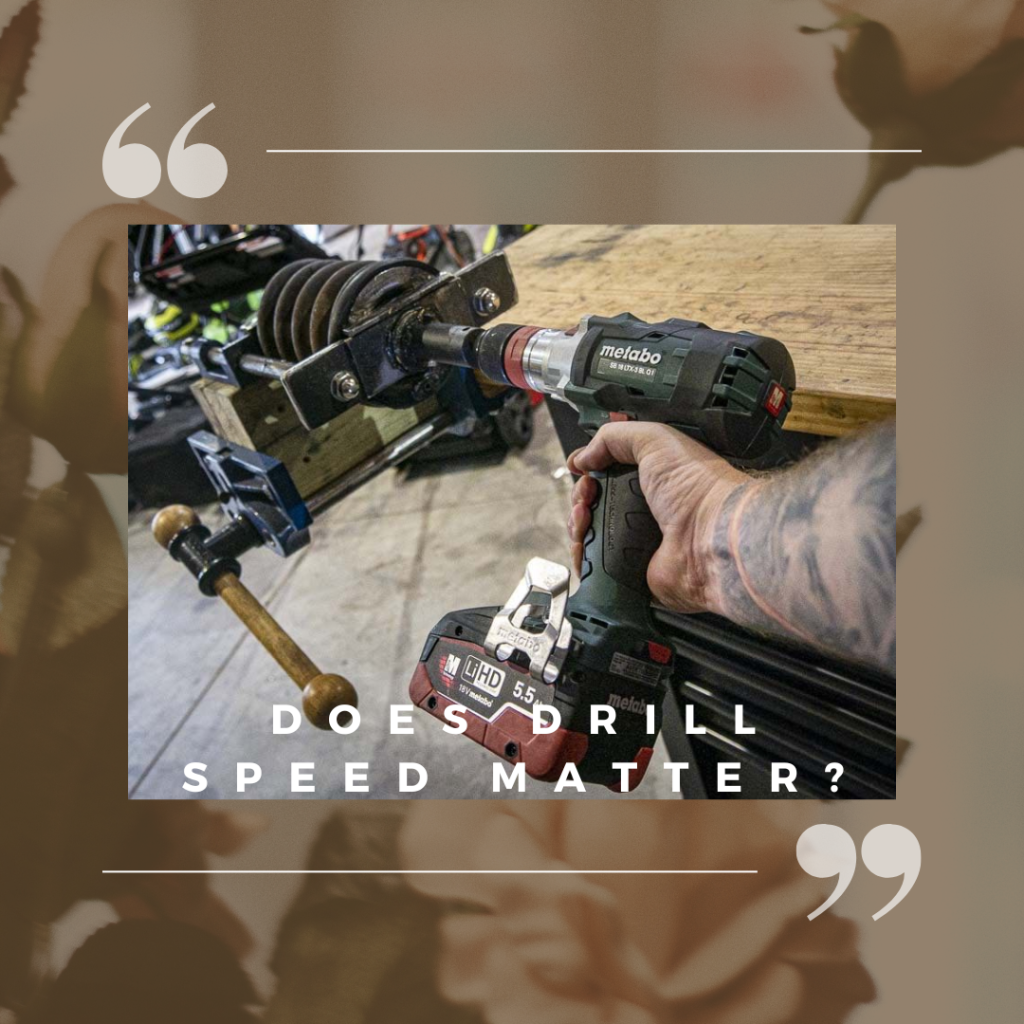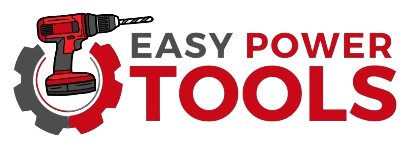Does Drill Speed Matter?
Your presence on this website shows that you want to know that Does Drill Speed Matter?
Well!
You’re on right place because we already have worked for you. When it comes to drilling, the speed of the drill matters a lot. If you have a slow or inaccurate drill, it’s going to take a long time to finish a hole.
On the other hand, if you have a fast and accurate drill, you’re going to finish a hole much faster. The same is true with writing.
The speed of your writing will impact your ability to write compelling copy and complete projects on time and on budget.
The Difference between a “Drill” and a “Drill Bit”?
A drill is a tool used to bore holes into hard materials. A drill bit is a small, pointed piece of metal that is used to cut the hole.
The two are not interchangeable, as a drill is used for drilling, while a drill bit is used to cut the hole.
What is a Drill Speed?
A drill speed is a measure of how fast a drill can drill a hole into a piece of wood. It’s measured in feet per minute. The faster the speed, the deeper the hole.
There are different types of drills. Each type of drill has a different drill speed. The best drill speed for your project is the one that will give you the most accurate results.
You can use a drill speed calculator to figure out what speed is right for you. You can also use a drill speed chart to see which type of drill is best for your project.
How does Drill Speed Affect Drilling Performance?
Drill speed affects drilling performance.
The faster you drill, the better your drilling performance.
This is because the faster the bit rotates, the more the bit cuts into the rock, and the faster the cut is made.
If the bit is rotated slowly, it may not cut the rock. This can cause the bit to get stuck.
As the bit rotates faster, it cuts into the rock faster. This helps to loosen the rock and make the cut faster.
When the bit rotates too fast, it may become worn out. This can also cause the bit to get stuck.
The key to drilling well is to drill at the correct speed.
Drill Speeds for Different Materials?
I would say that drilling speeds depend on the material being drilled.
For example, steel has a very high speed, while a softer material such as wood or plastic can be drilled at a slower speed.
How to Calculate the Speed of Your Drill?
You need to know how fast your drill is running to calculate the speed at which you need to be drilling.
The speed at which you are drilling is calculated by multiplying the diameter of the hole being drilled by the depth of the hole.
For example, if you have a 2-inch diameter drill and are drilling a 3-foot hole, then the speed at which you are drilling would be 2 * 3 = 6 feet per minute.
This is an important calculation because you want to make sure that you aren’t drilling too fast. If you are drilling too fast, you will damage your material.
You can measure the speed at which you are drilling by using a speedometer. However, you need to be careful when doing this.
Make sure that you do not use a speedometer on your drill. Instead, you need to use a separate speedometer to measure the speed of your drill.
What is the Ideal Drill Speed?
Drill speed is a factor that determines the quality of the hole you are drilling. The faster the drill, the better the hole. But too fast can cause the bit to heat up and potentially melt the material.
The ideal speed for drilling depends on the type of material you are drilling. If you are drilling through wood or concrete, you want to go as fast as you can to make the hole as big as possible.
If you are drilling through a softer material, like clay, the ideal speed will be slower. You need to allow the bit to cool between holes. If you drill too quickly, the heat from the bit will soften the material and cause the hole to collapse.
Drill speed also depends on the size of the hole you are drilling. If you are drilling a small hole, you don’t need to go as fast as you do if you are drilling a large hole.
How to Increase Drill Speed?
The key to increased drill speed is to increase the amount of time you spend on each drill.
You want to get into a drill as quickly as possible, and then move on to the next drill. If you do this, you will be able to drill faster.
You can also increase your drill speed by making sure that you are using the right drill bit. If you use the wrong drill bit, you will slow down your drilling process.
When you first start drilling, you may not be able to drill as fast as you want. This is normal.
When you begin drilling, you will need to spend more time on each drill. However, as you get better at drilling, you will be able to drill faster.
How to Decrease Drill Speed?
The drill has a maximum speed of 400 rpm. The user can only increase the speed by pressing the button. If the user presses the button too many times, the drill will slow down.
To decrease the speed, the user needs to press the button a certain number of times.
The user must press the button the same number of times as the speed of the drill. For example, if the drill is at 400 rpm, the user would need to press the button twice to decrease the speed.
A single press of the button will not decrease the speed of the drill.
Drill Speed Tips for Better Drilling?
This is a simple, easy-to-follow guide on how to drill faster. You’ll learn the tips and tricks that will help you get better results when drilling.
If you’re a beginner or a pro who needs to improve on his/her drilling skills, this is the perfect guide for you.
First things first, you need to know what type of drilling you’re doing. If you’re drilling with a standard drill bit, you’ll want to use a standard drill press.
If you’re using a variable speed drill, you’ll want to use a variable speed drill press.
The first step is to set your drill press to its highest speed. This is the speed at which you’ll be drilling the most.
The second step is to make sure you have the proper drill bits. You can’t drill without a drill bit, so you need to make sure you have one.
Once you’ve got the right drill bit, you can start drilling. You’ll need to make sure that you’re holding the drill bit in the correct position.
When drilling, it’s important to keep your drill bit straight. If you hold it crooked, you’ll only end up with a crooked hole.
If you’re using a variable speed drill, you’ll want to keep the speed at a steady level. If you change the speed too quickly, you’ll end up with a crooked hole.
As you get better at drilling, you’ll want to increase the speed until you’re drilling at the highest speed.
Conclusion – Does Drill Speed Matter?
The answer to this question depends on the type of material you are drilling. In general, if you are drilling into hard rock, the faster you drill, the more chips you will produce.
However, if you are drilling into soft rock, the slower you drill, the better. In most cases, the optimal speed of drilling is somewhere in between.


